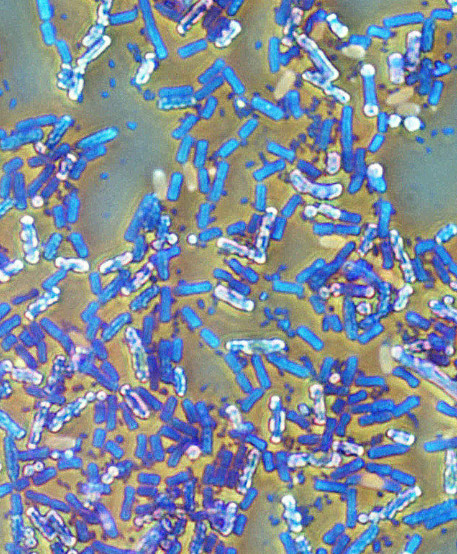Dams seen as major emitters
 A new study suggests agricultural dams would be an excellent place to cut carbon emissions.
A new study suggests agricultural dams would be an excellent place to cut carbon emissions.
The study sampled agricultural dams from regional Victoria and found that when combined they produce the same daily emissions as 385,000 extra cars on the state's roads.
Freshwater ecosystems like farm dams play a major role in global carbon cycling through the breakdown of organic material and release of greenhouse gases.
The freshwater in farm dams creates a unique environment for microbes, which exhale potent greenhouse gases, such as carbon dioxide, methane and nitrous oxide.
The study found farm dams had among the highest emissions per m2 of all freshwater ecosystems, but that they were not currently accounted for in any greenhouse budgets.
“We found that nutrient management in farming areas would result in a major reduction in co2-equivilent emissions, so this is an enormous opportunity for government to work with landholders,” said Deakin researcher Quinn Ollivier said.
“Landholders may be able to reduce emissions by something as simple as re-plantation of native plants along dam edges, this could help to reduce the nutrients entering the dam and therefore the greenhouse gases coming out.
“Our results showed that emission rates were linked with dissolved nitrate concentrations, and were significantly higher in livestock rearing farm dams when compared to cropping farm dams.
“We estimate that by reducing nitrate nutrient levels by 25 per cent - through activities like minimising excess fertilisation and containing animal effluent - we may be able to reduce the emissions of some farm dams by up to half.”
Mr Ollivier measured 77 small agricultural dams within the Corangamite catchment area between Ballarat and Geelong.
“By extrapolating this data to the whole of Victoria we can estimate farm dams produce greenhouse gas emissions more than three times higher than state-wide reservoir emissions in spite of farm dams covering less area,” Mr Ollivier said.
“While our data was gathered in Victoria, this is certainly a nationally-relevant issue and likely a global one too.”








 Print
Print